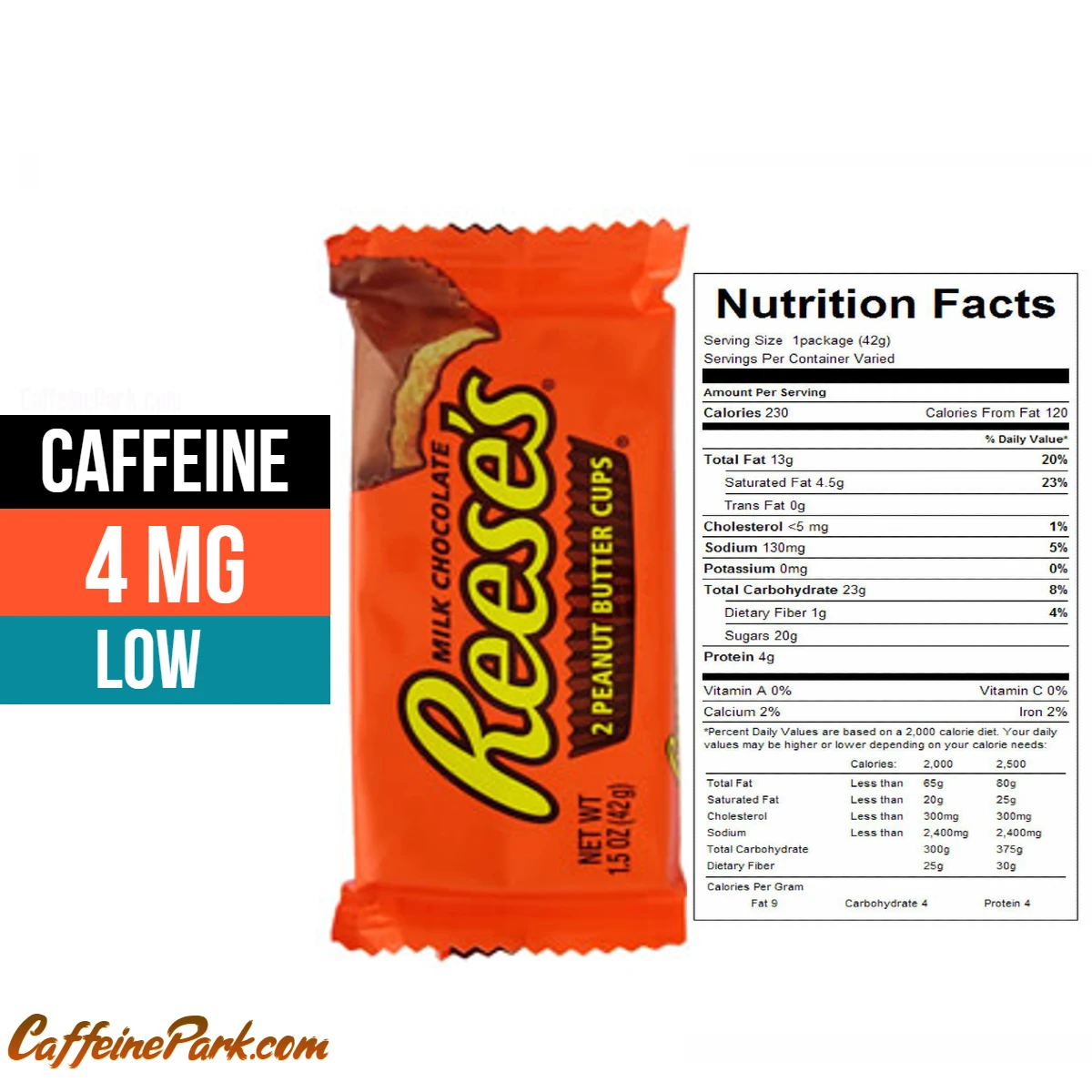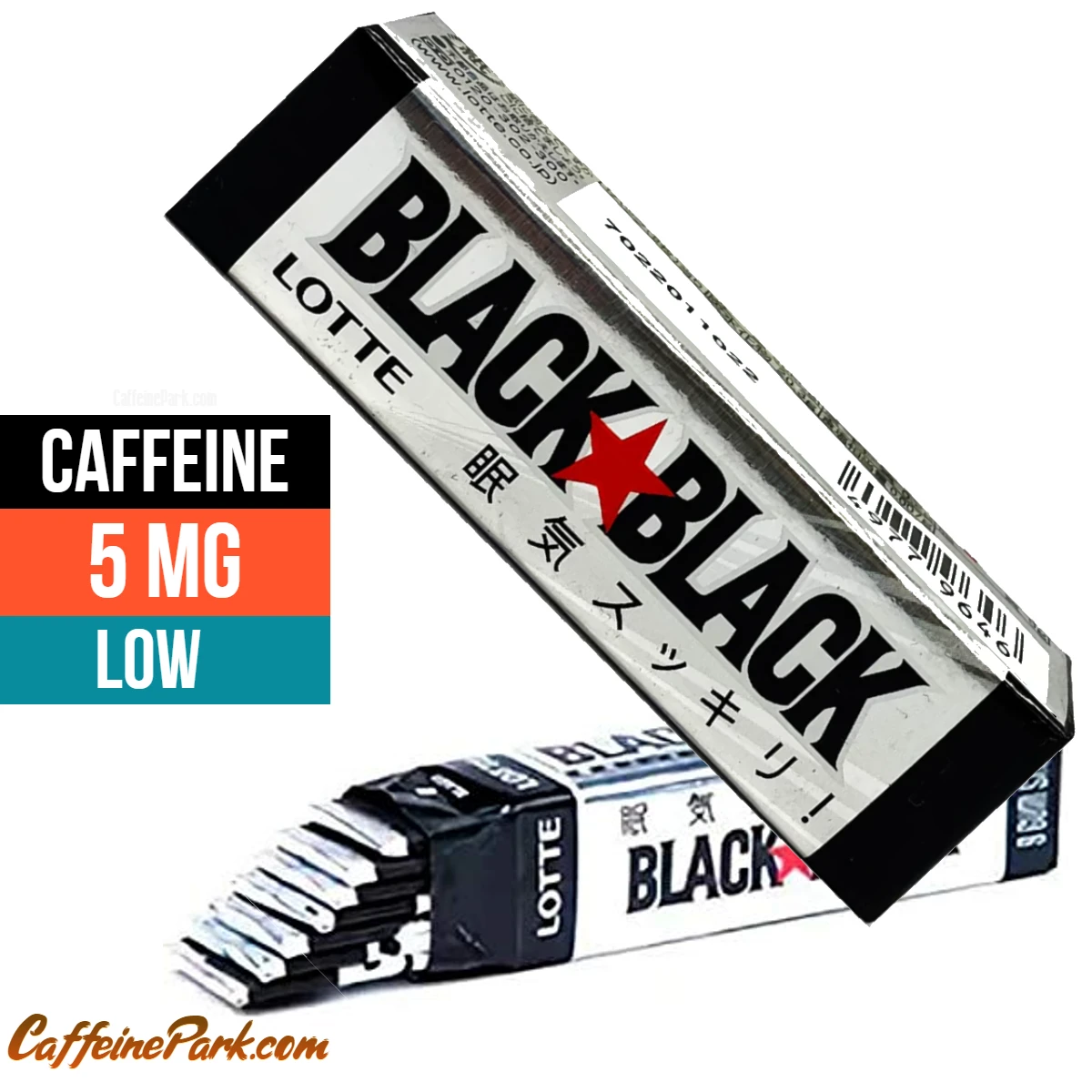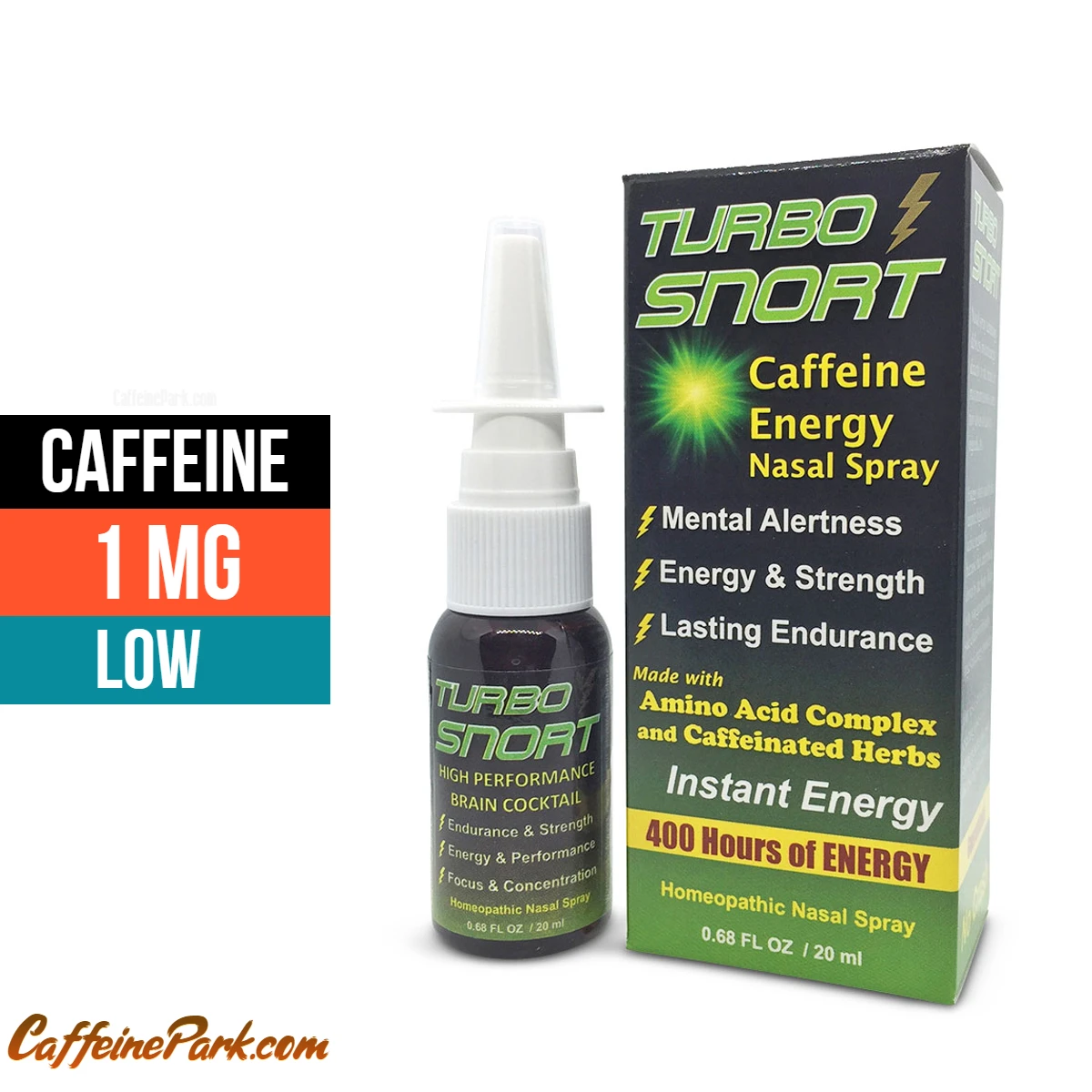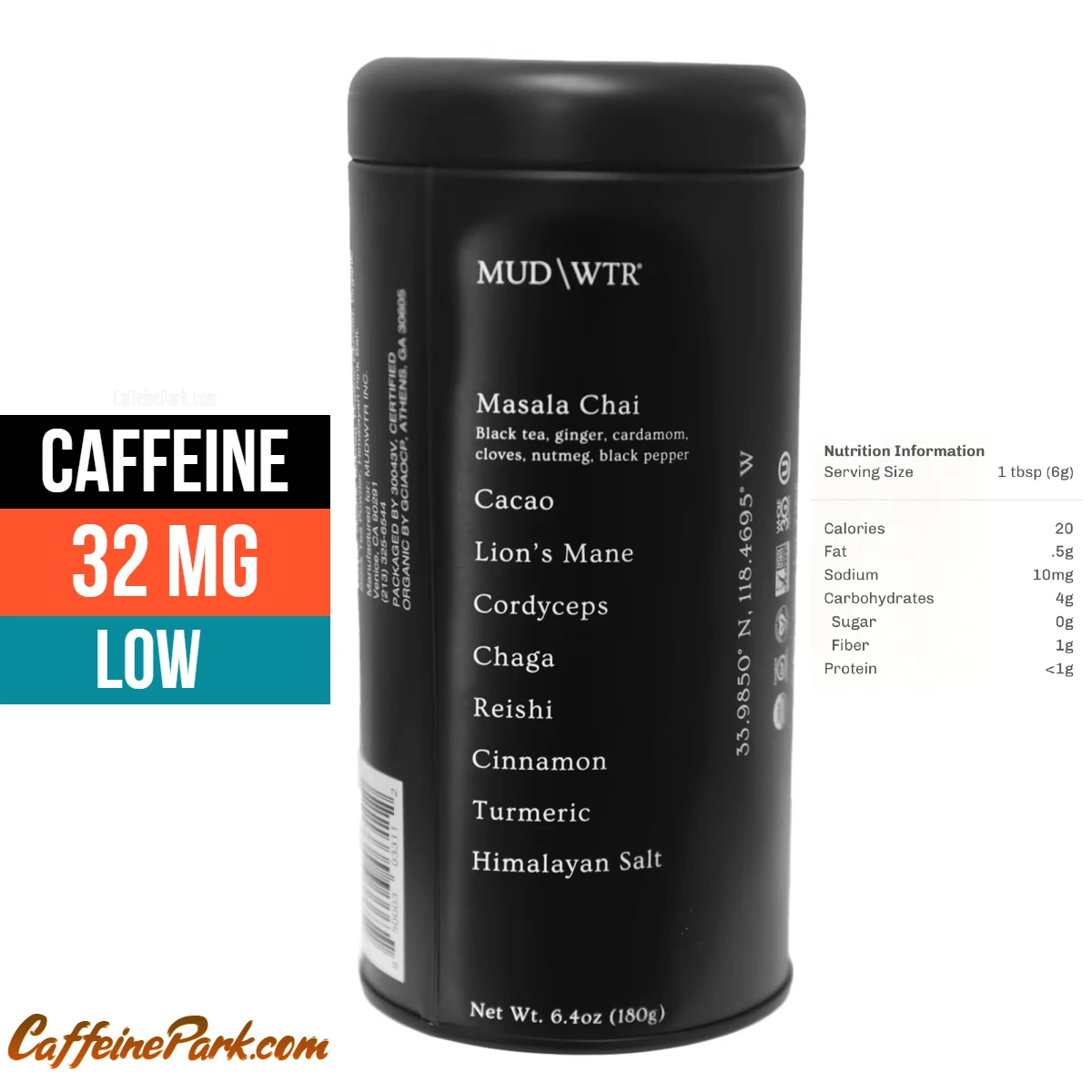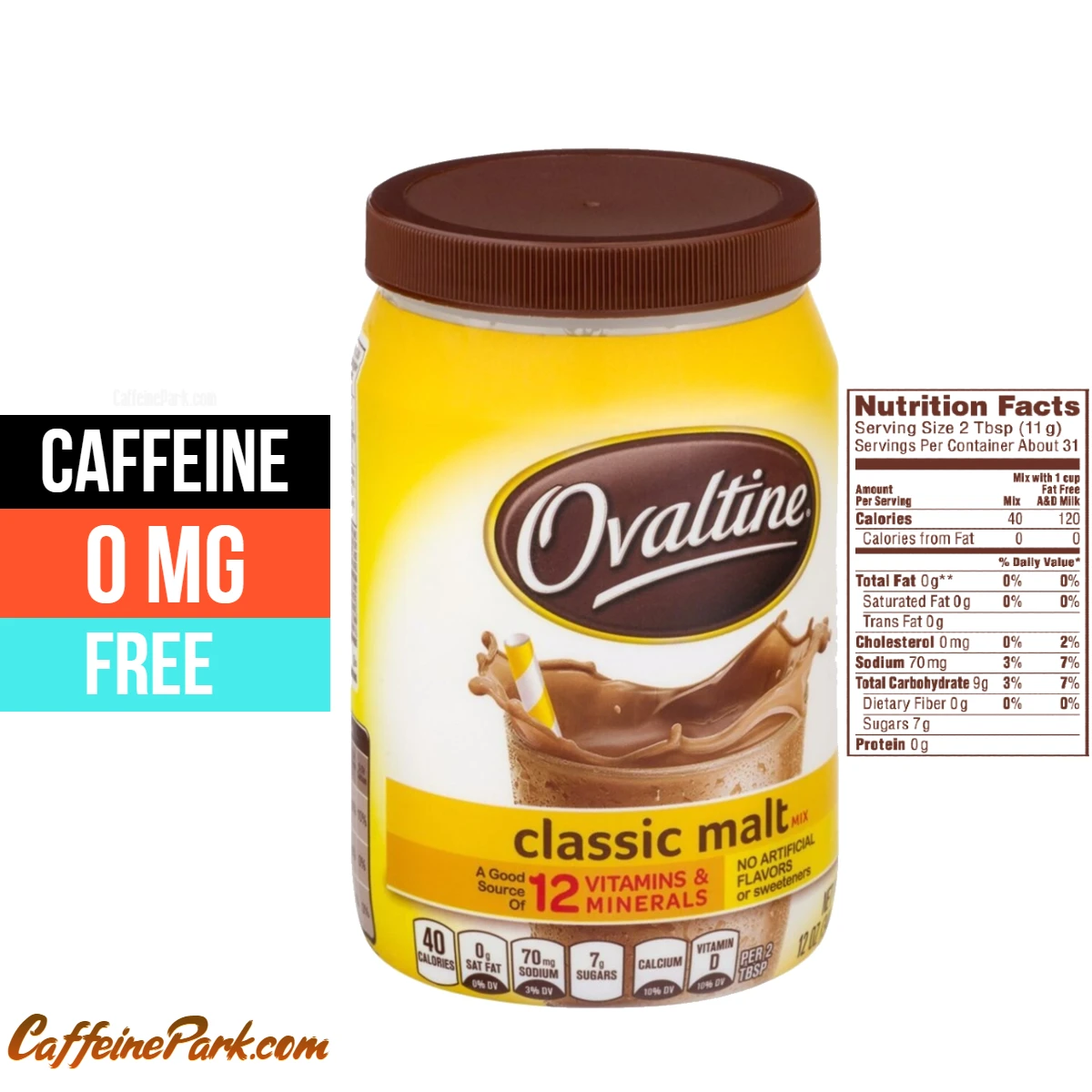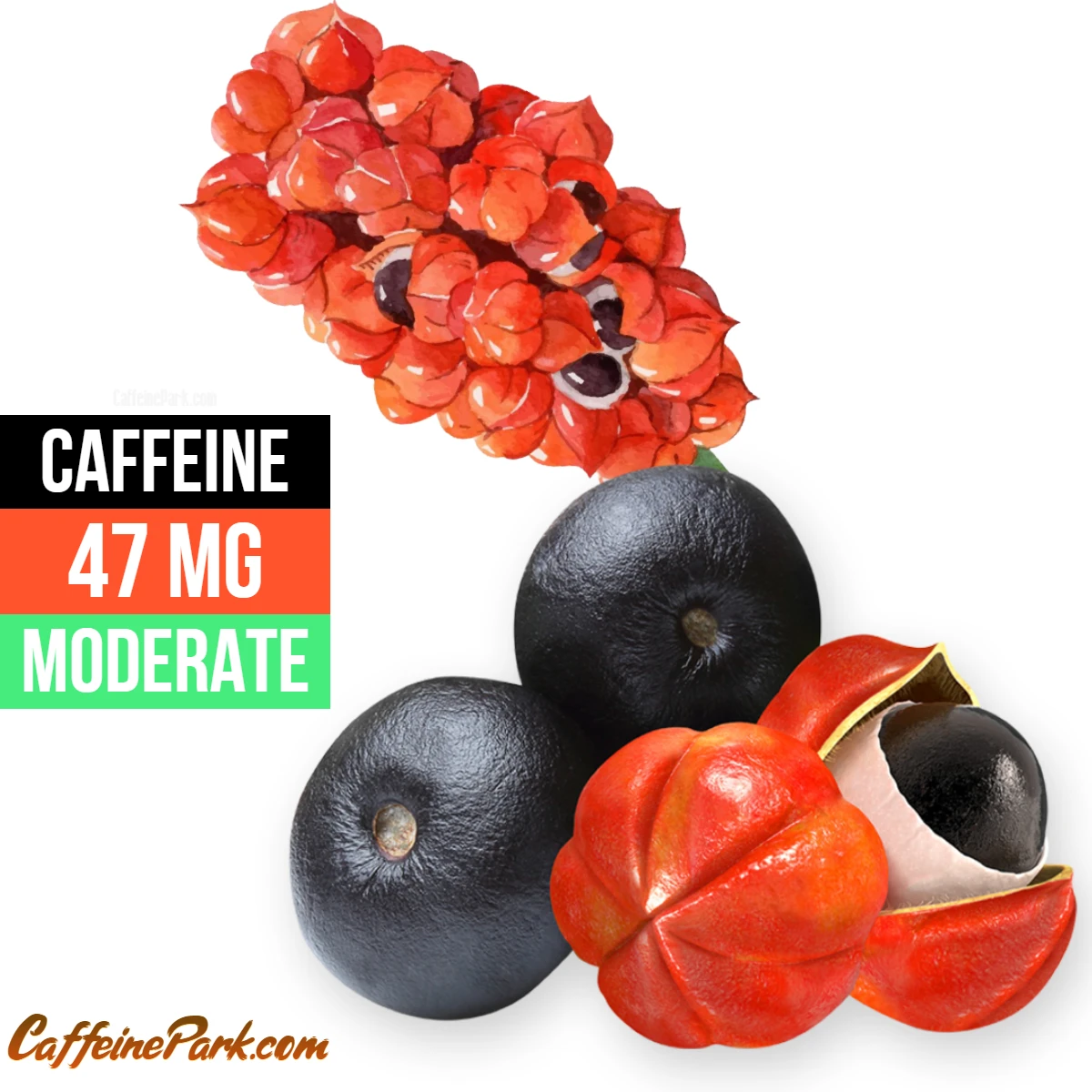
Green tea extract is a popular supplement that is known for its antioxidant properties and ability to promote alertness. It is commonly found in capsule form, but can also be found in drops or powders. The active ingredient in green tea extract is a group of compounds called catechins, which are believed to be responsible for their beneficial effects.
One of the most well-known catechins found in green tea extract is epigallocatechin gallate (EGCG), which is believed to have potent antioxidant and anti-inflammatory properties. Green tea extract is also a rich source of caffeine, which can help to promote alertness and improve cognitive function.
Green Tea Extract contains about 32mg of caffeine per 1 capsule, with some decaffeinated brands containing as little as 0-5 mg per capsule and others containing as much as 25-40 mg per capsule. It is important to note that some brands may add more EGCG and/or use decaffeinated tea leaves, so it is important to check the label of the brand you choose.
Caffeine in Brands of Green Tea Extract
- NOW: 32 mg per capsule (400 mg green tea extract)
- NOW EGCg: 4 mg per capsule
- Botanica Research Green Tea Extract: 15 mg (500 mg green tea extract)
- Zenwise Labs Advanced Green Tea: 0 mg
- Natural Goal: 32 mg per capsule
- Advanta Green Tea X-tract: 35 mg per capsule
- Life Extension Mega Green Tea: 3.6 mg per capsule
- NutriGold Decaffeinated Green Tea: 5 mg per capsule
- Jarrow Formulas: 40 mg per capsule (500 mg green tea extract)
- IRealHerbs.com brand: 25 mg per capsule (minimum amount expected)
- Vita Sage: 25 mg per capsule (maximum amount expected)
- Applied Nutrition Green Tea Fat Burner: 160 mg per capsule
It’s worth mentioning that even though green tea extract is considered generally safe, it’s not recommended for pregnant or nursing women or those sensitive to caffeine. It’s always a good idea to talk to your doctor before starting any supplement regimen, especially if you have any health conditions or are taking any medications.
In conclusion, Green Tea Extract is a popular supplement that can provide a host of health benefits, including antioxidant and anti-inflammatory properties, and can help to promote alertness due to its caffeine content. However, the caffeine content of green tea extract supplements can vary widely between brands, so it’s important to check the label before purchasing. It’s always best to consult with a healthcare professional before taking any supplement.
Does Green Tea Extract have caffeine?
Yes, Green Tea Extract contains about 32mg of caffeine per 1 capsule and 64mg of caffeine per 2 capsules.
| Serving size | Caffeine Amount | Caffeine strength |
|---|---|---|
| 1 capsule | 32 mg | LOW |
| 2 capsule | 64 mg | MODERATE |
How Much Caffeine is in Green Tea Extract?
- Caffeine Amount: 32 mg
- Caffeine strength: LOW
- Calories: 0
- Serving size: 1 capsule
Ingredients in Green Tea Extract
Now Brand:
- Vitamin C
- Green Tea Extract
- Gelatin
- Magnesium Stearate
Review
Green Tea Extract is a popular supplement that is known for its antioxidant properties and ability to promote alertness. The extract is derived from the leaves of the Camellia sinensis plant, which is also used to make traditional green tea.
History
Green tea has been consumed for thousands of years in China and other parts of Asia. It is considered to be one of the oldest beverages in the world, and its use has been documented in ancient Chinese texts. Green tea was first introduced to the Western world in the 18th century and has since become a popular beverage and supplement.
Taste and Flavor
Green tea extract is typically found in capsule form, so it does not have a flavor. Some people may find the taste of green tea to be bitter or astringent, but this can vary depending on the quality of the leaves used and the brewing method.
Ingredients and Nutrition
Green Tea Extract is typically made from the leaves of Camellia Sinensis, a plant native to Asia. The extract is high in antioxidants, specifically catechins, which are known for their health benefits. The most well-known catechin found in green tea is EGCg (epigallocatechin gallate).
One capsule of Green Tea Extract contains about 32mg of caffeine, depending on the brand and the specific product. Some brands may also add other ingredients such as Vitamin C or use decaffeinated tea leaves to lower the caffeine content. It’s important to check the label and read the ingredient list carefully before purchasing.
Benefits
The potential health benefits of green tea extract are numerous. Some of the most well-documented benefits include:
- Antioxidant properties: Green tea extract is a rich source of antioxidants, which can help to protect the body from damage caused by free radicals.
- Anti-inflammatory properties: The catechins found in green tea extract are believed to have anti-inflammatory properties, which can help to reduce the risk of certain chronic diseases.
- Weight loss: Some studies have suggested that green tea extract may help to promote weight loss by increasing metabolism and reducing appetite.
- Heart health: Green tea extract may help to improve heart health by reducing the risk of heart disease and stroke.
- Brain health: The caffeine and antioxidants found in green tea extract may help to improve brain function and protect against age-related cognitive decline.
Side effects
Green Tea Extract is generally considered safe for most people when taken in recommended doses. However, excessive consumption of caffeine can lead to side effects such as jitteriness, headaches, and insomnia. Pregnant and nursing women, as well as those sensitive to caffeine, should avoid taking Green Tea Extract supplements. These may include:
- Headaches: The caffeine in green tea extract can cause headaches in some people, especially if consumed in large amounts.
- Nausea: Some people may experience nausea after taking green tea extract, especially if they are sensitive to caffeine.
- Insomnia: The caffeine in green tea extract can cause insomnia in some people, especially if taken too late in the day.
- Irritability: Some people may experience irritability or jitteriness after taking green tea extract, especially if they are sensitive to caffeine.
Price and Availability
Green Tea Extract is widely available and can be found in most health food stores and online retailers. Prices can vary depending on the brand and the specific product, but most capsules can be found for around $10-20 for a bottle of 60-90 capsules.
Comparison to Others
Green Tea Extract is often compared to other supplements such as green tea powder or matcha powder. Green tea powder is made from the whole leaves of the Camellia Sinensis plant and is considered to have a stronger flavor and more potent health benefits than extract. Matcha powder is made from ground green tea leaves and is also considered to be more potent in terms of health benefits and flavor.
Customer Reviews
Green Tea Extract has received mostly positive reviews from customers, with many praising its antioxidant properties and ability to aid in weight loss. Some customers have also reported experiencing increased energy and focus. However, there are also a few negative reviews, with some customers reporting side effects such as jitteriness and difficulty sleeping.
Pros and Cons
Pros:
- High in antioxidants
- May aid in weight loss
- Widely available and affordable
- Can help to reduce the risk of chronic diseases
Cons:
- Contains caffeine which may cause side effects
- Not recommended for pregnant or nursing women
- Some customers have reported negative side effects
- Can vary in caffeine content depending on the brand and product
Overall, Green Tea Extract is a popular supplement that offers a variety of health benefits. However, it is important to be aware of the caffeine content and to check the ingredient list carefully before purchasing. As always, it’s best to consult with a healthcare professional before starting any new supplement regimen.
FAQs
The amount of caffeine in Green Tea Extract can vary depending on the brand and the specific product. On average, one capsule of Green Tea Extract contains about 32mg of caffeine. However, some brands may use decaffeinated tea leaves or add other ingredients to lower the caffeine content. It’s important to check the label and read the ingredient list carefully before purchasing.
Green Tea Extract is high in antioxidants, specifically catechins, which are known for their health benefits. The most well-known catechin found in green tea is EGCg (epigallocatechin gallate). Green Tea Extract may also aid in weight loss, as it has been shown to increase the body’s metabolism and burn fat. It is also believed to have anti-inflammatory properties, which may help to reduce the risk of chronic diseases such as heart disease and cancer.
Green Tea Extract is generally considered safe for most people when taken in recommended doses. However, excessive consumption of caffeine can lead to side effects such as jitteriness, headaches, and insomnia. Pregnant and nursing women, as well as those sensitive to caffeine, should avoid taking Green Tea Extract supplements.
Green Tea Extract has been shown to increase the body’s metabolism and burn fat, which may aid in weight loss. However, it should be noted that weight loss results will vary depending on individual factors such as diet and exercise.
Green Tea Extract is not recommended for pregnant or nursing women as it contains caffeine which can be harmful to the developing fetus or nursing baby. It’s important to consult with a healthcare professional before starting any new supplement regimen while pregnant or nursing.
Read More:
